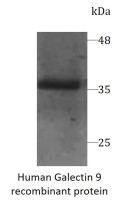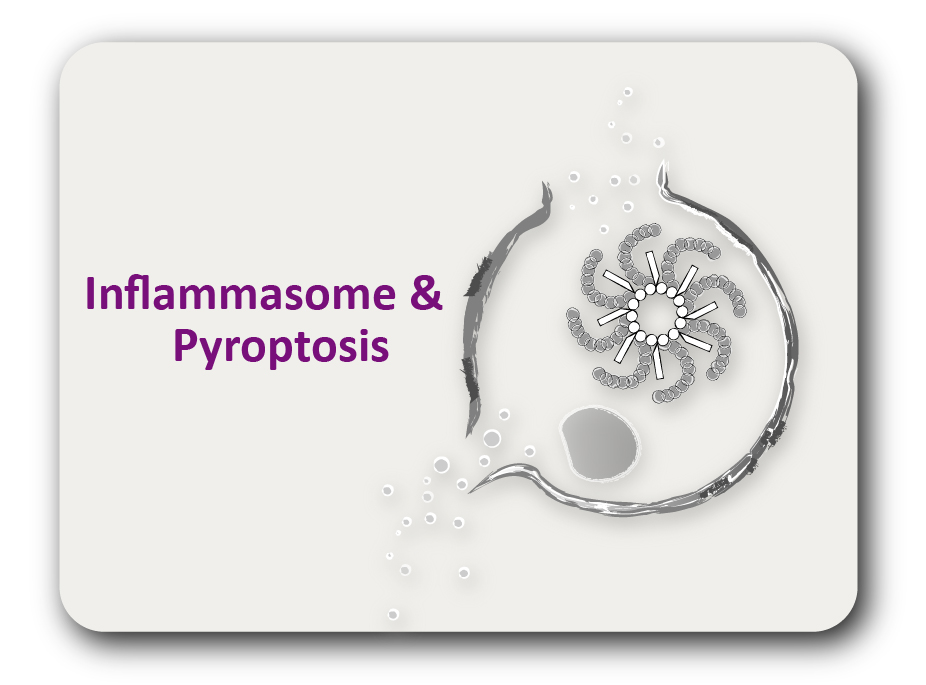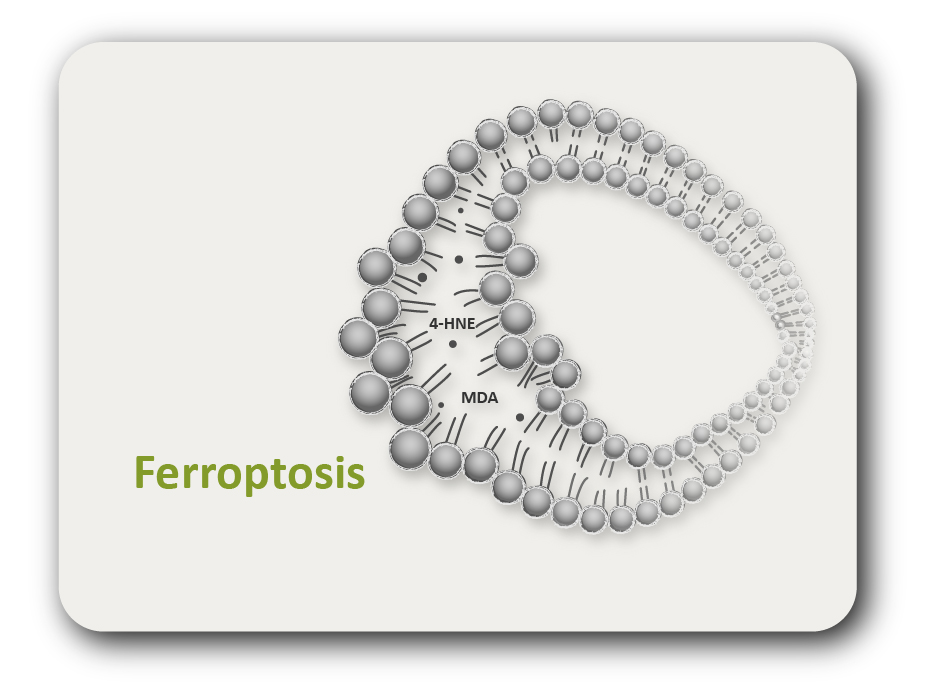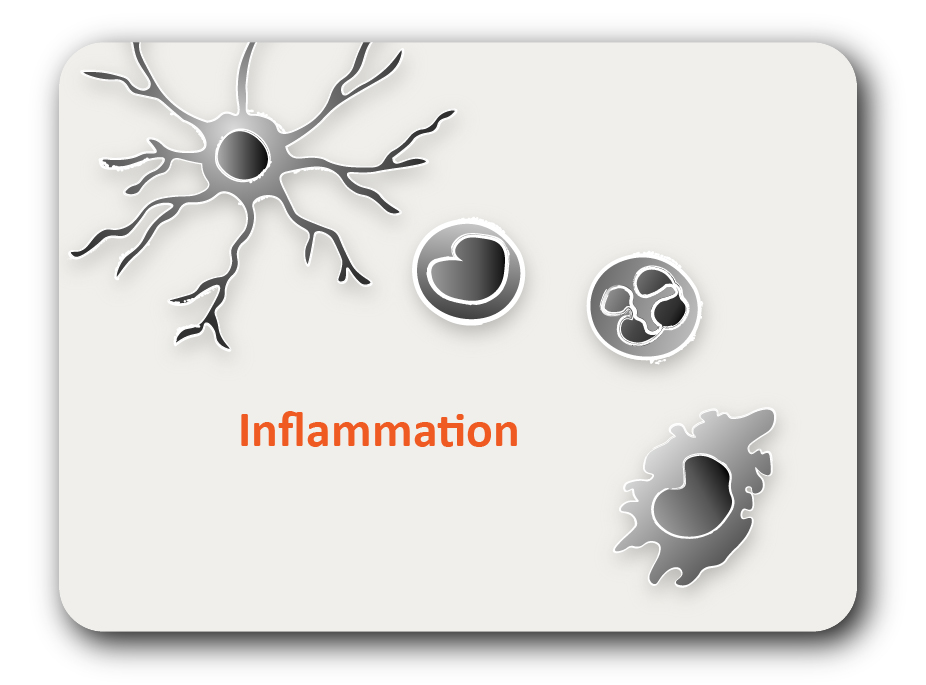ARG70463
Human Galectin 9 recombinant protein (Active) (His-tagged, N-ter)
Human Galectin 9 recombinant protein (Active) (His-tagged, N-ter) for SDS-PAGE
概述
| 产品描述 | E. coli expressed, His-tagged (N-ter) Active Human Galectin 9 recombinant protein |
|---|---|
| 应用 | SDS-PAGE |
| 靶点名称 | Galectin 9 |
| 物种 | Human |
| A.A. 序列 | Ala2 - Thr355 |
| 表达系统 | E. coli |
| Protein Full name | Galectin-9 |
| 生物活性 | Active |
| 活性说明 | Determinedd by its ability of the immobilized protein to support the adhesion of Jurkat cells. The ED50 for this effect is less than 3 μg/mL. |
| 別名 | LGALS9; Galectin 9; LGALS9A; Lectin, Galactoside-Binding, Soluble, 9; Tumor Antigen HOM-HD-21; Galectin-9; Ecalectin; Gal-9 |
属性
| 形式 | Powder |
|---|---|
| 纯化说明 | Endotoxin level is<0.1 EU/µg of the protein, as determined by the LAL test. |
| 纯度 | > 98% (by SDS-PAGE) |
| 缓冲液 | PBS (pH 7.4) |
| 复溶 | It is recommended to reconstitute the lyophilized protein in sterile water to a concentration not less than 200 μg/mL and incubate the stock solution for at least 20 min at room temperature to make sure the protein is dissolved completely. |
| 存放说明 | For long term, lyophilized protein should be stored at -20°C or -80°C. After reconstitution, aliquot and store at -20°C or -80°C for up to one month. Storage in frost free freezers is not recommended. Avoid repeated freeze/thaw cycles. Suggest spin the vial prior to opening. |
| 注意事项 | For laboratory research only, not for drug, diagnostic or other use. |
生物信息
| 基因名称 | LGALS9 |
|---|---|
| 全名 | Galectin 9 |
| 背景介绍 | The galectins are a family of beta-galactoside-binding proteins implicated in modulating cell-cell and cell-matrix interactions. The protein encoded by this gene is an S-type lectin. It is overexpressed in Hodgkin's disease tissue and might participate in the interaction between the H&RS cells with their surrounding cells and might thus play a role in the pathogenesis of this disease and/or its associated immunodeficiency. Multiple alternatively spliced transcript variants have been found for this gene. |
| 生物功能 | May play a role in thymocyte-epithelial interactions relevant to the biology of the thymus. May provide the molecular basis for urate flux across cell membranes, allowing urate that is formed during purine metabolism to efflux from cells and serving as an electrogenic transporter that plays an important role in renal and gastrointestinal urate excretion. |
| 细胞定位 | Cytoplasm, Nucleus, Secreted |
检测图片 (1) Click the Picture to Zoom In






